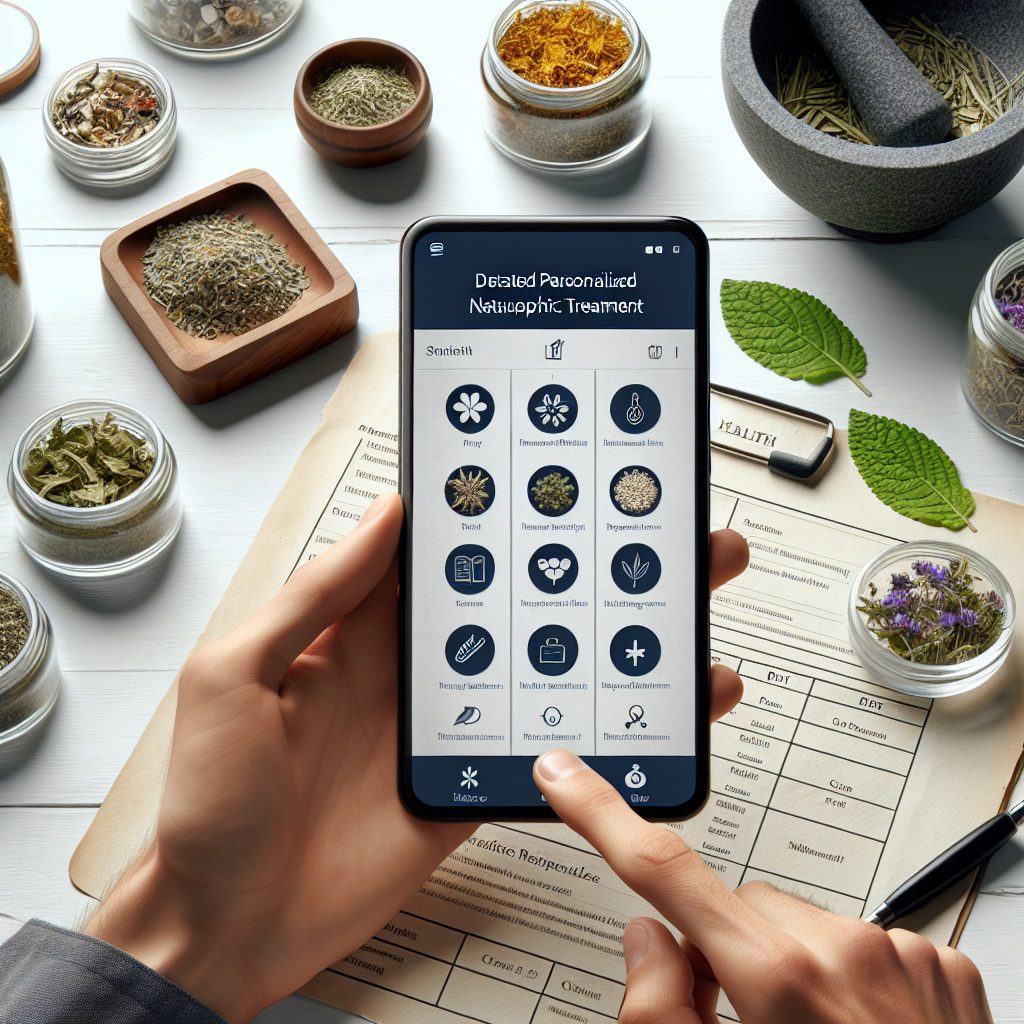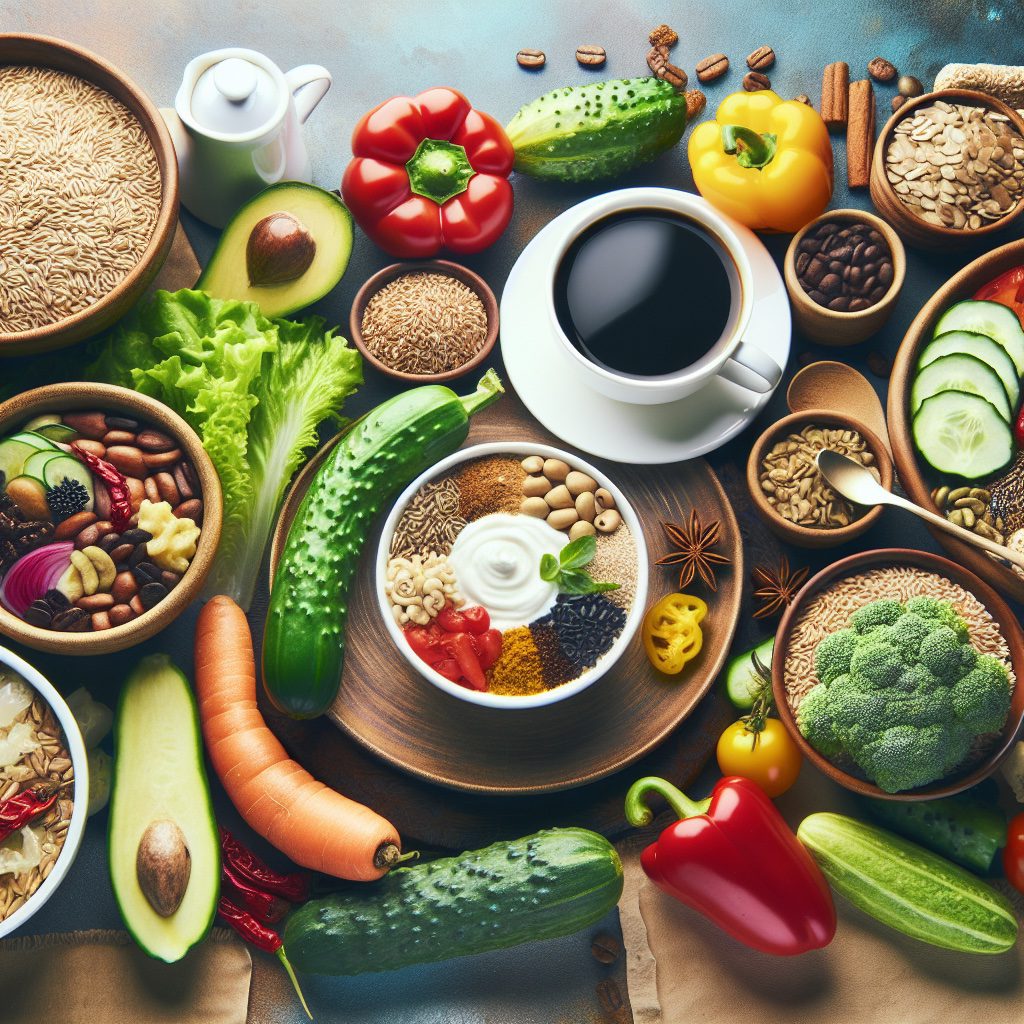Are you tired of that mid-morning crash? Do you find yourself reaching for that second (or third) cup of coffee before noon? You’re not alone. Many of us struggle to maintain energy throughout the day, and the solution might not be in your coffee mug, but on your breakfast plate.
For centuries, Eastern cultures have understood something that Western society is only beginning to grasp: the way you start your day fundamentally shapes your energy levels, mood, and overall well-being. And it all begins with what you eat for breakfast.
The Morning Meal: Your Foundation for Vitality
In our fast-paced world, breakfast often becomes an afterthought – a quick granola bar, a sugary pastry, or sometimes nothing at all. Yet this first meal breaks our overnight fast, literally “breaking the fast” our bodies experience during sleep. This pivotal moment sets the metabolic tone for our entire day.
Eastern wellness traditions from China, Japan, India, and other Asian countries have long viewed breakfast not just as fuel, but as medicine. These cultures understand that what we consume in the morning should nourish us deeply, providing sustained energy rather than quick fixes that leave us depleted hours later.
“What you eat for energy matters more than when you eat it,” explains traditional Eastern medicine. Rather than relying on caffeine for artificial energy boosts, Eastern breakfast philosophies focus on nutrient-dense, balanced meals that work in harmony with your body’s natural rhythms.
The Eastern Breakfast Philosophy: Balance and Harmony
Unlike typical Western breakfasts centered around processed cereals, sugary pastries, or coffee, Eastern breakfast traditions embrace a philosophy of balance. This approach incorporates a variety of whole foods, creating meals that nurture both body and spirit.
The Eastern breakfast plate typically includes:
- Complex carbohydrates for sustained energy
- Moderate protein for satiety and muscle maintenance
- Healthy fats for brain function and hormone balance
- Warming spices to stimulate digestion
- Hydrating components to replenish after sleep
This balancing act isn’t just about nutrition—it’s about creating harmony within your digestive system. By choosing healthy foods that taste good and nourish deeply, you create a foundation for lasting energy without the crashes associated with coffee and sugar.
Now, let’s explore the five ancient Eastern breakfast secrets that can transform your mornings and energize your days.
Secret #1: Warming Congee – The Comfort Food That Energizes
One of the most beloved breakfast staples across Asia is congee – a soothing rice porridge that’s easy to digest while providing steady, lasting energy. Unlike heavy Western breakfast options, congee gently awakens the digestive system after a night’s rest.
Traditional congee is made by slowly simmering rice in water or broth until it breaks down into a creamy consistency. The beauty of congee lies in its versatility – it can be topped with protein sources like eggs or fish, vegetables, herbs, and spices to create a complete meal.
The slow-release carbohydrates in congee provide sustainable energy throughout the morning. In Chinese medicine, warm foods like congee are also believed to strengthen the spleen and stomach, the organs responsible for transforming food into energy.
A simple congee recipe can include:
- 1 cup rice simmered in 7-8 cups of water or broth
- Ginger slices for improved digestion
- Your choice of proteins (eggs, shredded chicken, tofu)
- Fresh green onions and cilantro
- A drizzle of sesame oil
This humble dish exemplifies the Eastern approach to breakfast – gentle, nourishing, and energizing without overwhelming the system.
Secret #2: The Power of Fermentation – Miso Soup and Beyond
Fermented foods feature prominently in Eastern breakfast traditions, particularly in Japanese cuisine. Miso soup, made from fermented soybean paste, is a breakfast staple that delivers probiotics, protein, and minerals in a warming, easy-to-digest form.
Starting your day with fermented foods like miso offers several energy-boosting benefits:
- Improved gut health through beneficial bacteria
- Enhanced nutrient absorption
- Reduced inflammation
- Better immune function
A traditional Japanese breakfast might include a small bowl of miso soup alongside steamed rice, a portion of grilled fish, pickled vegetables, and a side of seaweed. This combination provides a perfect balance of nutrients without overwhelming the digestive system.
What makes these fermented foods so powerful for energy is their ability to support your microbiome – the ecosystem of beneficial bacteria in your gut that influences everything from energy production to mood regulation. When your gut is happy, your energy naturally improves.
Secret #3: Sweet Earth’s Gifts – Dates and Energy-Boosting Fruits
While Western breakfast often relies on refined sugars for sweetness, Eastern traditions turn to nature’s candy – fruits like dates, figs, and berries – for natural energy.
Dates are particularly revered in Middle Eastern breakfast traditions for what to eat for energy. These sweet fruits are powerhouses of natural sugars, fiber, and minerals like potassium and magnesium – nutrients essential for cellular energy production.
A handful of dates provides:
- Quick energy from natural sugars
- Sustained energy from fiber
- Essential minerals for muscle function
- Antioxidants to fight cellular damage
Other energizing fruits commonly found in Eastern breakfasts include:
- Persimmons (rich in vitamins and antioxidants)
- Lychee (hydrating and mineral-rich)
- Pomegranate (packed with antioxidants)
- Fresh figs (fiber and natural sweetness)
Incorporating these fruits into your breakfast – whether eaten whole, chopped into yogurt, or blended into smoothies – provides natural energy without the crash associated with processed sugars.
Secret #4: The Green Foundation – Leafy Vegetables for Morning Vitality
Perhaps the most striking difference between Eastern and Western breakfasts is the presence of greens at the morning meal. In many Asian countries, breakfast regularly features leafy vegetables that provide vitamins, minerals, and phytonutrients to energize the body.
Chinese breakfasts might include stir-fried bok choy or mustard greens alongside congee. Japanese meals often feature small portions of seaweed or pickled vegetables. Thai morning markets offer fresh herb salads even in the earliest hours.
The chlorophyll in these green foods acts as a natural energizer, helping your cells produce energy more efficiently. The fiber aids digestion, while the alkalizing effect of greens helps balance the body’s pH levels for optimal function.
Some easy ways to incorporate this secret:
- Add spinach to your morning eggs
- Include cucumber or avocado with your breakfast
- Try a small side of kimchi or pickled greens
- Blend kale or spinach into a morning smoothie
This practice aligns perfectly with the HerbalsZen philosophy of harmonizing with nature. By consuming the earth’s green bounty in the morning, we connect with natural rhythms and provide our bodies with vital life force.
Secret #5: The Protein-Carbohydrate Balance – Steady Energy Release
Eastern breakfasts masterfully balance proteins and complex carbohydrates to provide steady, consistent energy throughout the morning. This balance prevents the blood sugar spikes and crashes that leave us reaching for coffee or snacks.
Traditional options include:
- Eggs or tofu alongside rice
- Lentil dal with flatbread
- Fish with sweet potatoes
- Chickpeas with whole grains
The combination is critical – protein provides the building blocks your body needs, while complex carbohydrates supply steady fuel. Together, they create a perfect energy equation that sustains you for hours.
Added to this foundation are energizing spices like ginger, turmeric, and cinnamon. These not only enhance flavor but also improve circulation, reduce inflammation, and stabilize blood sugar – all factors that contribute to sustained energy.
A simple example is the Indian breakfast dish kitchari, which combines mung beans and rice with digestive spices like cumin, coriander, and ginger. This complete protein meal provides steady energy while being incredibly gentle on the digestive system.
The Mindful Morning – How You Eat Matters As Much As What You Eat
Beyond the specific foods, Eastern breakfast traditions emphasize HOW you eat as much as WHAT you eat. Mindful eating practices are integral to the energy benefits of these morning meals.
In many Eastern cultures, breakfast is eaten:
- Sitting down (never standing or walking)
- Without digital distractions
- With awareness of each bite
- In appreciation of the food’s journey to the plate
- In a calm, unhurried manner
This mindfulness dramatically affects how your body processes the nutrients in your meal. When you eat in a relaxed state, your parasympathetic nervous system activates, improving digestion and nutrient absorption. Conversely, eating while stressed or distracted impairs digestion and wastes valuable energy.
At HerbalsZen, we believe in listening to your body’s voice. Taking time to eat breakfast mindfully allows you to hear what your body truly needs each morning, creating a foundation of self-awareness that serves you throughout the day.
Quick Eastern-Inspired Breakfasts for Busy Mornings
While traditional Eastern breakfasts might seem time-consuming, their principles can be adapted to even the busiest modern schedules:
Overnight Congee – Use a slow cooker to prepare congee while you sleep. In the morning, add a soft-boiled egg and green onions for a complete meal.
Miso Breakfast Bowl – Mix miso paste into hot water, then pour over leftover brown rice or quinoa. Top with an egg, avocado slices, and a sprinkle of seaweed for a five-minute energizing meal.
Date and Almond Smoothie – Blend soaked dates, almond butter, spinach, and your choice of milk for a portable Eastern-inspired breakfast.
Mixed Grain Porridge – Quick-cook a blend of millet, quinoa, and buckwheat. Top with fruits, nuts, and a drizzle of honey for a complex carbohydrate powerhouse.
Herbal Tea Elixir – Instead of coffee, try warming herbal teas with energizing properties. Ginger tea with lemon and honey or a blend of tulsi (holy basil) provides gentle stimulation without the crash.
These quick options honor Eastern principles while fitting into contemporary lifestyles, making balancing breakfast choices accessible to everyone.
Embracing the Harmony: A New Morning Ritual
As the HerbalsZen philosophy reminds us, true health comes from harmonizing with nature rather than fighting against it. By adopting these Eastern breakfast principles, you align your eating patterns with your body’s natural rhythms.
The beautiful thing about these ancient practices is their simplicity. You don’t need exotic ingredients or complicated recipes – just a willingness to shift your perspective on what breakfast can be.
Start small by incorporating just one of these secrets into your morning routine. Perhaps begin with adding dates to your oatmeal, or try a simple miso soup alongside your usual breakfast. Notice how your energy levels respond, paying attention to how your body feels by mid-morning and beyond.
Over time, these small changes can transform not just your mornings but your entire relationship with food and energy. You might find yourself naturally less dependent on coffee, more attuned to your body’s signals, and more energetic throughout your day.
The wisdom of Eastern breakfast traditions reminds us that vitality doesn’t come from quick fixes or artificial stimulants. True energy emerges from nourishing ourselves deeply, mindfully, and in harmony with nature – one morning meal at a time.




